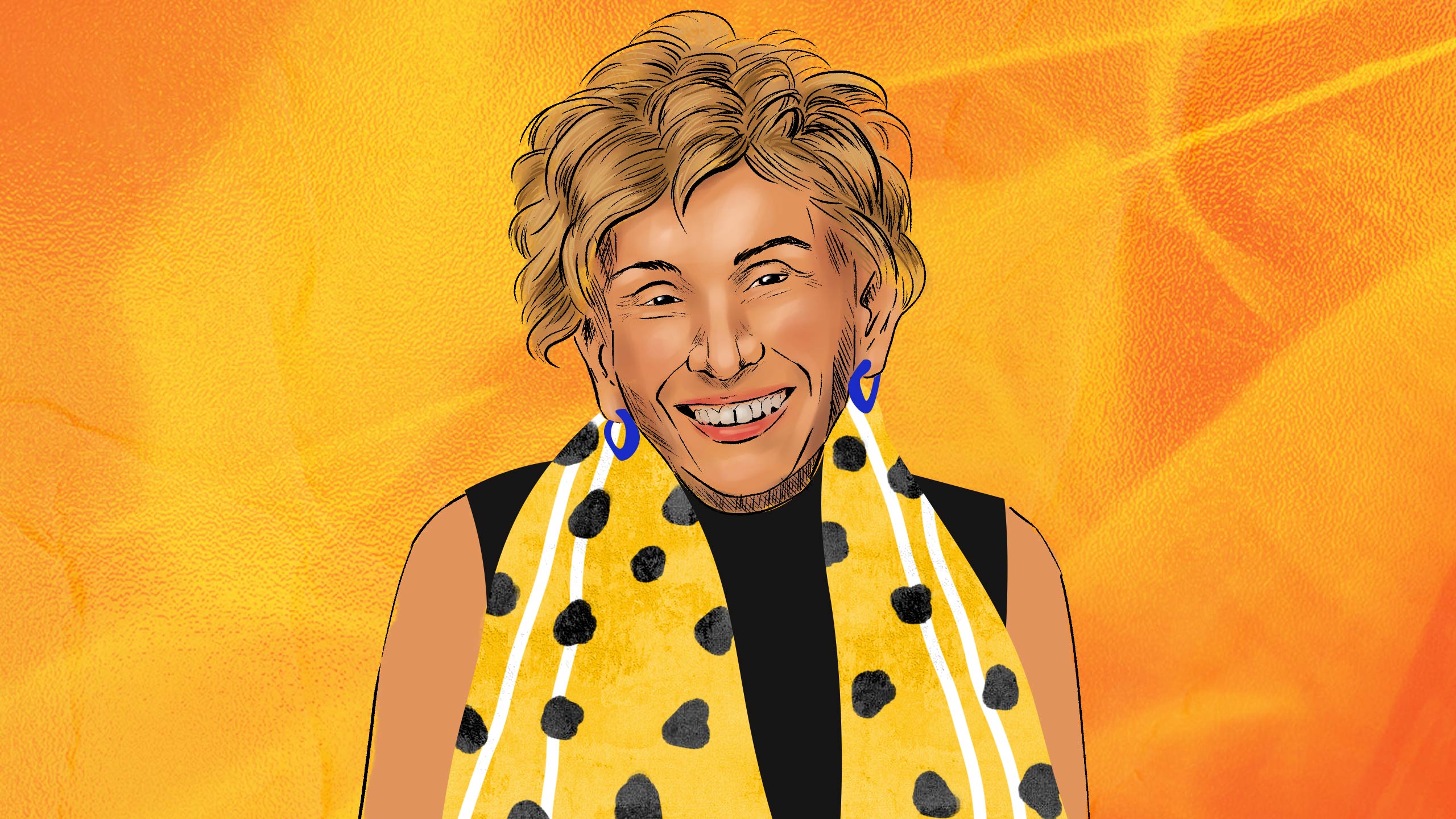
Psychologist Edith Eger’s Inspirational Journey to Find Forgiveness and What It Means for You
The world is filled with inspiring people.
Edith Eger, trauma psychotherapist and Auschwitz survivor, is among the most inspirational. In fact, she’s a downright beacon of hope at a time when the world really needs it.
This woman has been through horrors, yet she has a zest for life that’s unmatched, a great sense of humor, and the ability to live joyfully. Edith’s example shows us that mindset is everything. How you frame challenging circumstances and the meaning you assign to them make a huge difference in how you heal from challenges — you write your own story.
In this article, you’ll learn about forgiving what you can’t forget, the power of forgiveness, healing your inner child, and why self-acceptance is the key to mental freedom. Are you looking for some inspiration today? If so, you’re in the right place!
Who Is Edith Eger?
Edith Eger is a world-renowned clinical psychotherapist who was one of the few survivors of the notorious death camp Auschwitz. She’s also the author of the memoir The Choice and self-help book The Gift, a prominent speaker and teacher, has been featured in a documentary, and as a trauma therapist, is doing her part to help heal the world one person at a time.
On her path to being the healer she is today, Edith went through some pretty horrific events. The Hungarian-born youngest sibling in a happy family, she lived in peace and bliss before everything she cared about was taken from her.
At age 14, she was a bright, talented teenager. She was a dancer and gymnast, hosted a book club every week, and dreamt of marrying her boyfriend. At age 16, everything changed when she and her family were sent to Auschwitz.
Her parents were killed immediately, and she spent the next eight months with her sister in the camp, struggling to survive. Edith had endless close calls, including being forced to dance for her life for the “angel of death.” Using her wits and internal resources, she managed to survive and was found under a pile of dead bodies at the end of the war.
Edith eventually got married and started a family, moved to the U.S., and became a clinical psychologist specializing in trauma. She now speaks of Auschwitz as her “training ground,” and the place where she developed the inner strength she’s carried for the rest of her life.
Join In 200 Million+ On The Journey to Greatness
Forging Forgiveness Instead of Blame
Having experienced the unspeakable horrors of a concentration camp, Edith could easily have given in to a life of blame, bitterness, and rage against those who harmed and perpetrated these atrocities.
But as she explained in an interview with Lewis Howes, she instinctively knew that blame would harm her more than anyone else while she was in the camp.
She also knew that, at a deep level, the guards were more imprisoned than she was. They were brainwashed, deeply deluded, and would carry their actions as their karma for the rest of their lives. So, she transmuted her anger into pity, truly alchemizing the worst possible conditions.
“I created a world that gave me some comfort in my soul. I was able to decide that the Nazis were the prisoners because of their guilty consciences. I actually prayed for them, not me. I was able to change hatred into pity.” – Edith Eger
She’s also maintained this attitude throughout her life, which is no small feat given the nature of healing and that grieving is an ongoing process. For example, she said that helping someone pick out a dress for a dance as an adult brought up inexplicable tears. She realized later that it was because she was grieving the fact that she never went to a dance.
When you get reminders of your losses again and again, how do you avoid giving in to blame? You can do so by remembering what the effects of blame are. No one hurts but you when you blame and get angry.
Anger can be healthy and is certainly expected in cases where someone harmed you. But holding onto it is like taking poison in an attempt to harm the other person. Edith explained that to be free of this poison, you have to give yourself permission to let go.
“Today I work with men and women who have experienced trauma in their lives. I help them realize that they can be survivors and not victims. We cannot change the past. Remorse is very different from regret. Forgiveness doesn’t mean that you forget; It means that you don’t want to be carrying anything with you that will make you a victim.” – Edith Eger
Edith is a believer in the power of forgiveness because it liberates you to live in the present. Because this has worked for her, she shares her message with others in her books and her free master class on forgiveness.
The Path to Forgiveness
That said, Edith says feeling that rage and blame deeply is essential to the healing process.
Forgiveness isn’t about bypassing difficult emotions. You can’t truly forgive if you haven’t truly felt what you’re angry about. Sometimes we have to bypass those feelings in the moment (perhaps like Edith did to survive in the camp). Yet, at some point, we have to face them.
According to Edith, many people stay on the edges of their emotions, analyzing them, intellectualizing them, and trying to get away from them. What they don’t necessarily do is just feel them. When we don’t allow ourselves to feel, emotions can get stuck and keep us stuck. It’s important to have safe ways to process them, like therapy, journaling, and creative expression.
Finding forgiveness may also mean revisiting places or people in a metaphorical way to confront past feelings. Edith says that despite her psychological training, she didn’t feel truly qualified to help guide her patients until she went back to Auschwitz to fully feel and face her past. Only then could she really say she knew how to help them heal because she went through the process herself.
You can come to terms with the past and process pain in all sorts of ways. It might look like meditating to have an imaginary conversation with your ex-partner, telling them everything that they did that hurt you. Or maybe it’s writing a letter to the friend who let you down, then burning it.
It’s important to be honest about emotions and let things out in a healthy way. If you get angry, punch a pillow or scream in the car. Then do something kind and loving for your inner child, like getting an ice cream cone or going to the beach.
If you find yourself working through very heavy and traumatic material, it’s best to get the help of a therapist. You want to process things without overwhelming yourself, and a mental health professional can help you do just that.
Being Your Own Parent and Accepting Yourself
A big part of Edith’s journey has been about forgiving herself.
For example, she carried guilt for a very long time around her mother’s death. In one heartbreaking moment, a guard asked if her mother was her sister or her mother, and without thinking, she’d said her mother. Once he knew this, he sent her mother to die in the gas chamber.
While intellectually and logically, she knew she wasn’t responsible, she still blamed herself emotionally. She had survivor guilt, and a big part of her healing was, as she describes it, telling herself you were doing the best you could at the time.
Haven’t we all struggled with this on some level? We all make what we perceive as “mistakes,” and hindsight tends to highlight what we did wrong. It can be especially hard to get past this when we made those mistakes as kids when we naturally absorb more blame. In those moments, it’s important not to ignore or rationalize with the inner child or hurt part of us.
Instead, use whatever self-care and self-love techniques you have to soothe it and take care of it. Follow in Edith’s footsteps and remind yourself: You were doing the best you could.
Along the same lines, it’s important to develop self-worth that’s unshakeable no matter what other people’s opinions are. Edith has said that one of the biggest gifts she gained from Auschwitz was to stop being concerned with other people’s judgments.
Because she lost that fear, she gained the ability to stay centered and confident, even when people misjudge, misunderstand, or don’t like her. In the list of things she considers most key to a good life, living without fear of other people’s judgments is the most important. Being authentically you, without needing to perform, is the best kind of freedom.
You Can Find Peace After Pain
Edith Eger survived the unspeakable, and her message is crucial to the human journey. To achieve inner peace, you must make peace with the past. Choose forgiveness over blame, but be careful not to bypass difficult emotions. To achieve true healing, it’s essential to feel all of our emotions in a safe, healthy way. Get support if you need it. Then, give yourself permission to let go.
Live your life for yourself, not others, and give yourself and your inner child the approval you need. The reward is a life lived with more freedom, lightness, and joy…a life of greatness!
Greatness Authors
Greatness Authors is a collection of writers, thinkers, curiosity experts, and students of the world who are committed to bringing you the most up-to-date, impactful, and inspiring information surrounding Greatness topics.
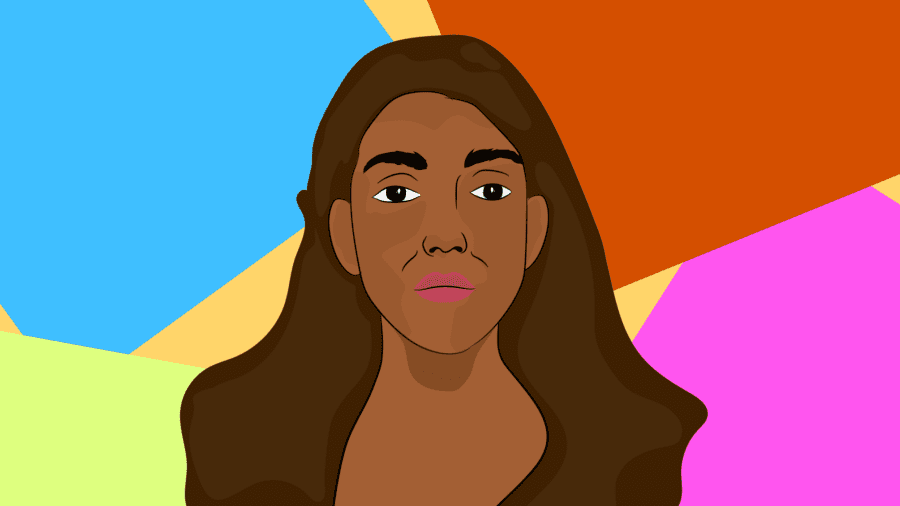
Redefining Poetry: How Instagram Sensation Rupi Kaur Showed That Poetry Is for Everyone
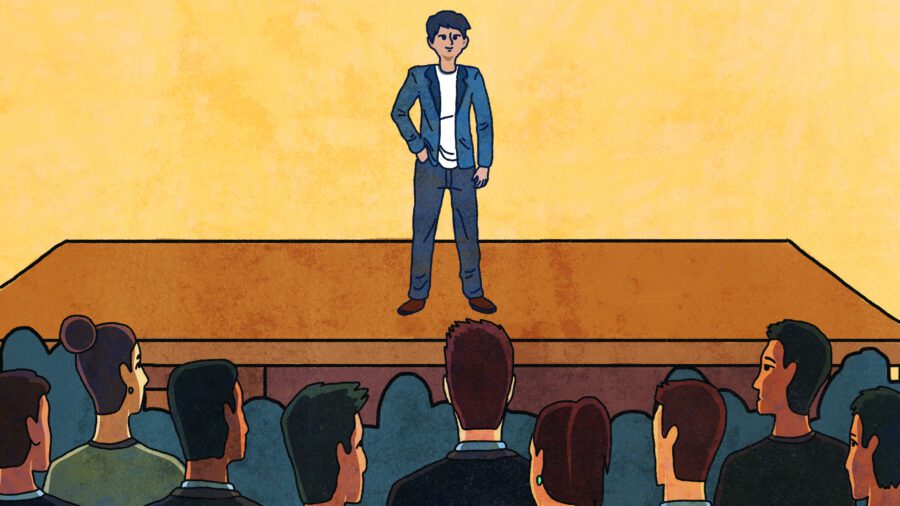
The Young Professional’s Guide to Advocating for Yourself at Work & Setting Healthy Boundaries
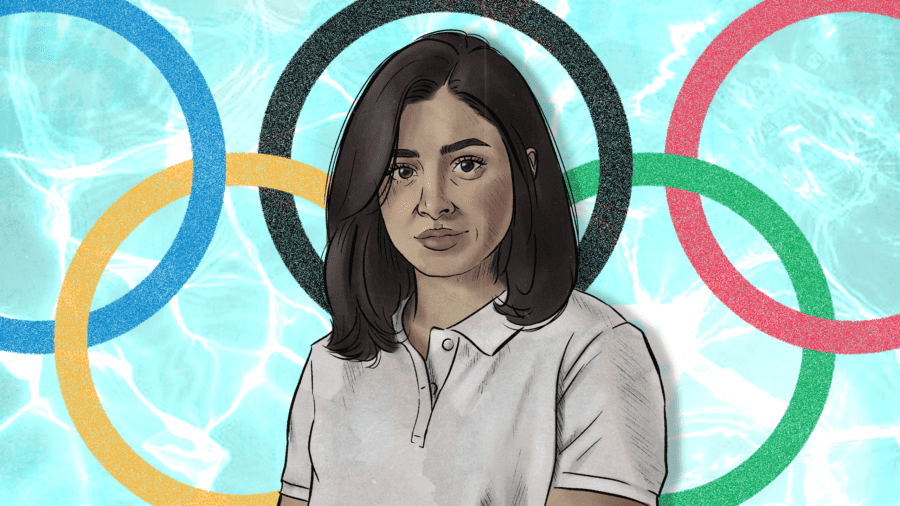
Olympian Yusra Mardini’s Incredible Story of Resilience, Rescue, and Refugee Rights

A Beginner’s Guide to Effortlessly Attracting Money and Growth Opportunities
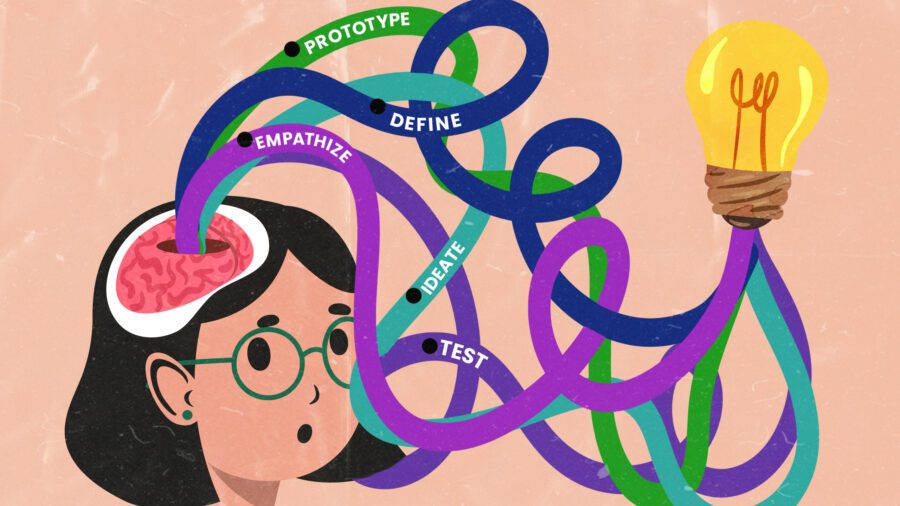
Design Thinking 101: The 5-Phase Process and Why It Matters for Your Professional Development










